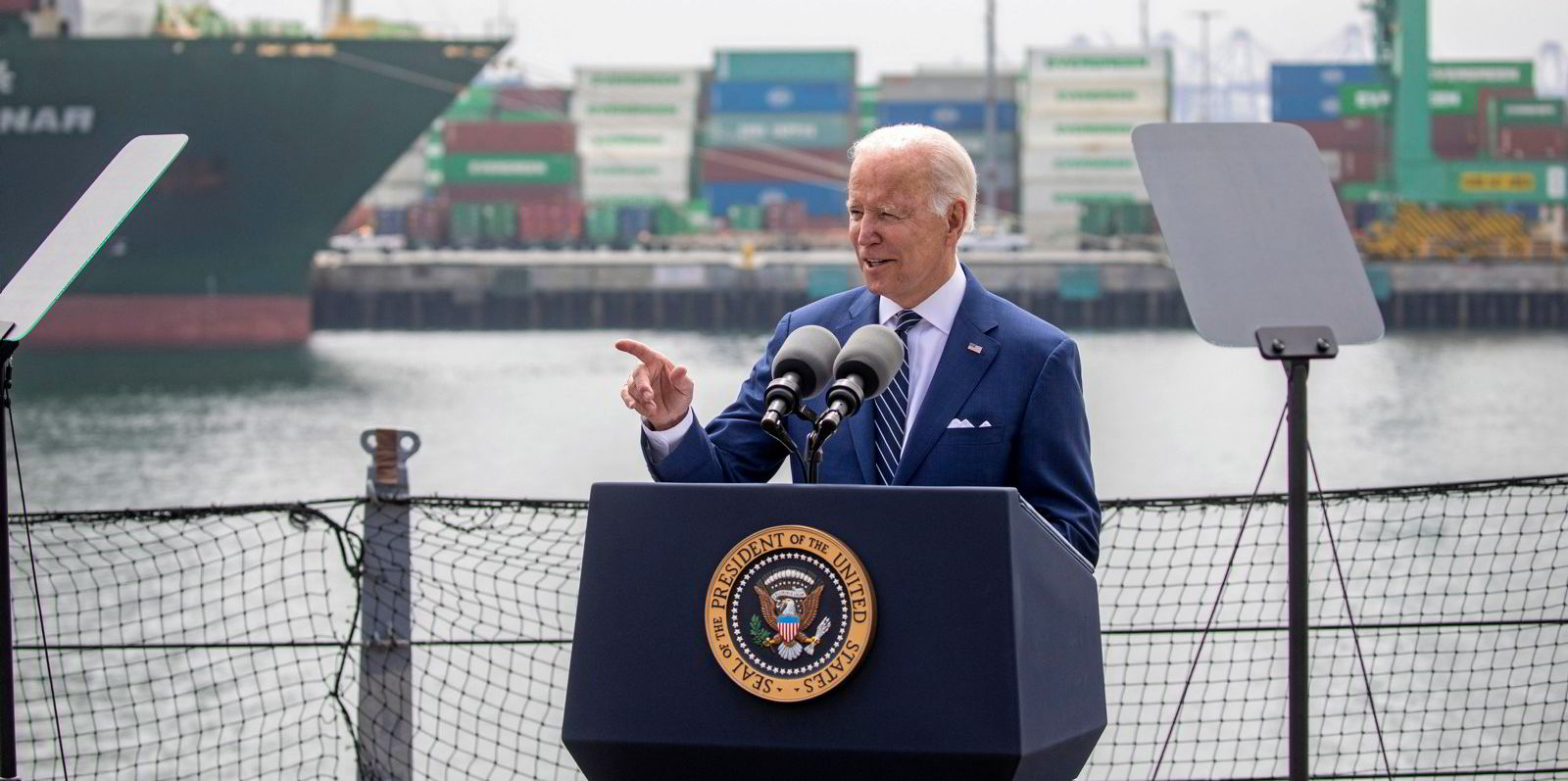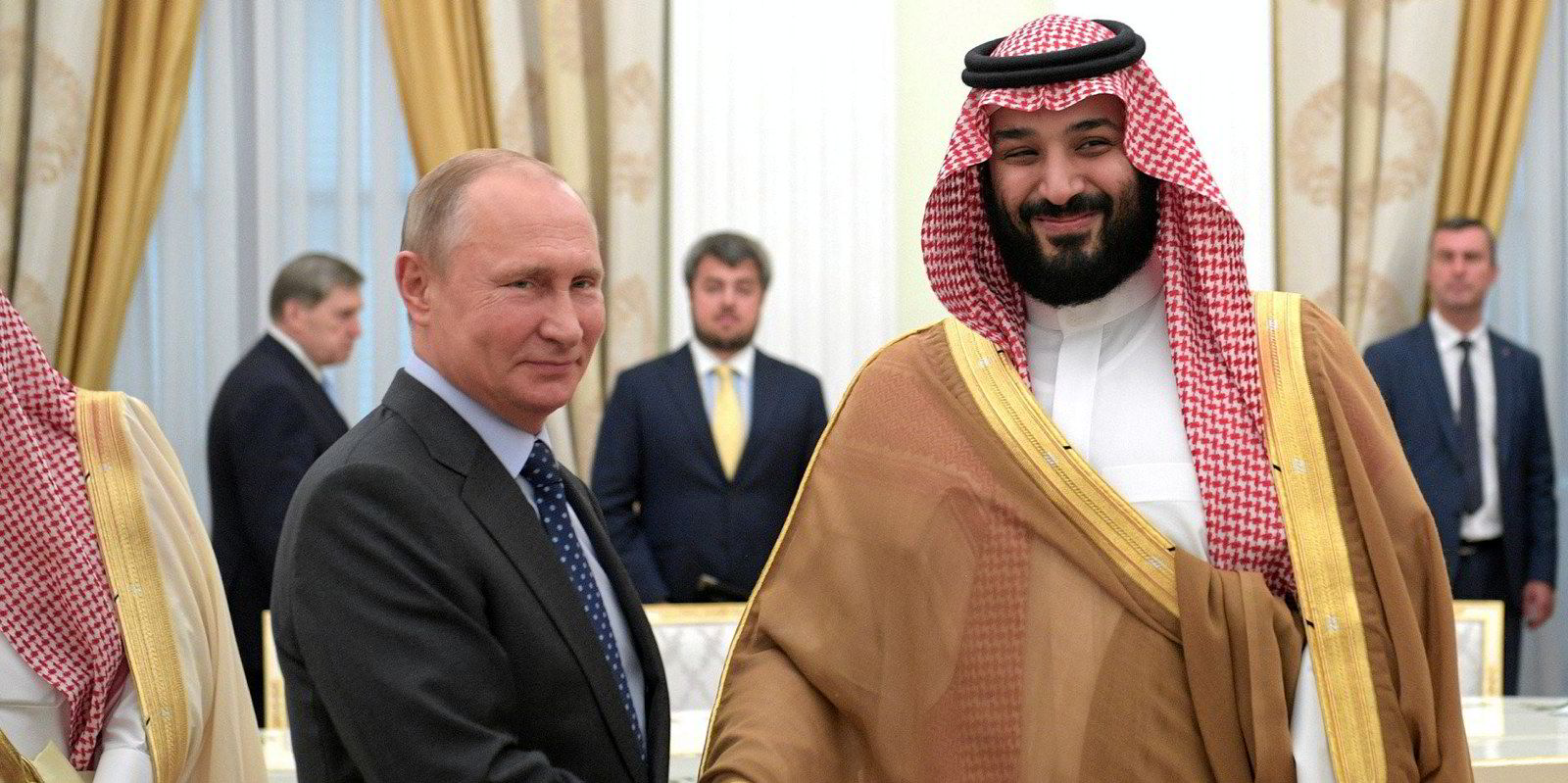Washington could be ready to start turning the sanctions screws again, according to shipbroking giant BRS.
The French outfit said the easing of Venezuelan sanctions — which began less than three weeks ago — could be reversed after actions from the South American country’s Supreme Court of Justice last week while greater pressure on Iran could be on the way.
“There are already signs that this deal is at risk,” BRS said of the US-Venezuela pact.
The agreement saw Nicolas Maduro’s ruling United Socialist Party agree to internationally monitored elections in the second half of 2024 in exchange for eased sanctions on state oil company PDVSA.
At issue was a decision by the Supreme Court of Justice to suspend the primary results of the opposition Come Venezuela party, which appeared to be won by Maria Corina Machado.
“The neutrality of the Supreme Court of Justice has long been called into question since it is stacked with government appointees and commentators have suggested that the suspension of results is aimed at discrediting the opposition,” BRS said.
It added that since sanctions were eased, exports have risen by 150,000 barrels per day.
For Iran, the US has not yet eased sanctions but has been less aggressive in using its blacklist against Tehran since President Joe Biden entered the White House.
He has attempted to revive the 2015 nuclear agreement that saw the US lift sanctions in exchange for Iran limiting its nuclear programme with a series of on-again, off-again indirect meetings.
That deal was scuttled by former President Donald Trump in 2018 and was followed by his administration’s “maximum pressure” campaign.
Targeting individuals
The move against Iran comes from the House of Representatives, which passed the Stop Harboring Iranian Petroleum, or Ship, bill, and reportedly targets individuals and entities, including tankers, that facilitate Iranian oil trades.
The bill would still have to be passed by the Senate and signed into law by Biden.
Pro-sanctions pressure group United Against a Nuclear Iran said China imported more than 1m barrels of oil per day in October, with Syria and the United Arab Emirates also receiving barrels. BRS said the UAE receives fuel oil.
“Over recent months, the Biden administration has taken a more relaxed approach to policing Iran’s oil exports, which has permitted its shipments to creep upwards to their highest levels” since 2018, BRS said.





